Advances in senior pet health
by Jenny Alonge
National Adopt a Senior Pet Month in November is an excellent time to review how we address senior pet health. Pets are living longer, thanks to advances in veterinary medicine and increased owner compliance, which means we must address senior pet conditions so we can provide the best possible care for these patients. Keep reading to learn current recommendations and advances in many senior pet related issues.
Senior pet wellness care
Senior pets are at higher disease risk, and many veterinarians recommend screening senior pets for health problems at least every six months. Tests recommended for senior pets, in addition to the usual wellness screening diagnostics, include:
- Thyroid testing — Senior dogs are at higher risk for hypothyroidism, and senior cats are at higher risk for hyperthyroidism, so their thyroid hormones should be tested routinely.
- Serum symmetric dimethylarginine (SDMA) — chronic kidney disease (CKD) is a common problem in senior pets, especially cats, and SDMA is a much more sensitive indicator than creatinine of glomerular filtration rate (GFR) compromise. Creatinine levels increase only when 75% of the kidney is affected, whereas SDMA elevates with as little as 25% kidney function loss. CKD detection in the early stages allows for prompt medical intervention, which helps improve the pet’s longevity and quality of life.
- Blood pressure measurement — Elevated blood pressure levels in pets can indicate an underlying health condition, such as kidney failure, diabetes, adrenal gland disease, and Cushing’s disease, which can lead to targeted organ damage with possible dangerous consequences.
Managing senior pet arthritis
Osteoarthritis (OA) is the most common joint disease veterinary medicine diagnosis and causes significant pain and mobility issues for affected pets. A multimodal management approach, which may include weight loss, physical therapy, chondroprotective agents, non-steroidal anti-inflammatories (NSAIDs), pain relievers, anti-inflammatory supplements, platelet rich plasma (PRP), and stem cell therapy, best addresses OA. New veterinary OA medications include:
- Synovetin OA — Synovetin, which was approved by the Food and Drug Administration (FDA) in January 2021, is administered via an intra-articular injection to reduce synovitis and joint pain. The product’s active ingredient (i.e., conversion electron radiotherapeutic Tin-117m) targets and eliminates pro-inflammatory macrophages and synoviocytes. Synovetin OA is administered once a year, and is currently licensed only for canine elbow arthritis.
- Solensia — Solensia was FDA-approved in January 2022 and is the first treatment for OA pain control in cats. Frunevetmab, the active ingredient, is a cat-specific monoclonal antibody that recognizes and attaches to nerve growth factor (NGF), which prevents the pain signal from reaching the brain.
- Firox — Firox, a generic form of Previcox® that was FDA-approved in March 2022, is indicated to control pain and inflammation in dogs with OA.
- Meloxicam — Approved by the FDA in July 2022, Meloxicam is a generic form of Metacam® that is indicated to control pain and inflammation in dogs with OA.
Managing senior pet heart disease
Up to 75% of senior dogs are affected by heart disease, and senior cats are also at risk. Treatment typically involves weight management, diet changes, and heart medications. New strategies to address senior pet heart disease include:
- Vetmedin-CA1 — Conditionally approved by the FDA in June 2022, Vetmedin-CA1 is indicated to delay congestive heart failure (CHF) onset in dogs with stage B2 preclinical myxomatous mitral valve disease (MMVD). Vetmedin is already fully approved in dogs for managing mild, moderate, or severe CHF signs caused by MMVD or dilated cardiomyopathy (DCM). Vetmedin-CA1’s conditional approval allows treatment for dogs in preclinical MMVD stages. The active ingredient is pimobendan, which increases myocardial contractility and dilating peripheral blood vessels, reducing cardiac afterload.
- Genetic testing — A 2021 study performed by University of California, Davis, veterinarians found that a cat’s DNA determines their response to clopidogrel, a medication for hypertrophic cardiomyopathy (HCM) treatment. While not yet commercially available, genetic testing may eventually help veterinarians develop treatment plans for HCM cats.
- Rapamycin — Texas A&M College of Veterinary Medicine and Biomedical Sciences cardiologists are investigating the drug rapamycin for use in dogs with preclinical DCM. The drug,which affects the immune system and metabolism, has been shown to improve heart function and reverse age-related changes in rodents with heart disease.
- Renin-angiotensin aldosterone system (RAAS) drug — In advanced stages, MMVD activates the RAAS, exacerbating detrimental effects to the heart. University of Pennsylvania School of Veterinary Medicine researchers are investigating a new oral medication using plant-based encapsulation technology, which allows oral administration of drugs that would typically be injected. This new medication may reduce RAAS effects.
Managing senior pet cognitive dysfunction
Senior pets are also at higher risk for cognitive dysfunction, a progressive condition that is typically managed through dietary changes, supplements, and physical and mental exercises. Research is ongoing to help find potential treatments for this frustrating disease.
- University of Ljubljana — Researchers at the University of Ljubljana, Slovenia, are investigating a novel butyrylcholinesterase inhibitor to potentially treat canine cognitive dysfunction (CCD). Dogs treated with the drug showed markedly improved cognitive function and enhanced quality of life.
- Colorado State University — Researchers at CSU's Veterinary Teaching Hospital are investigating the effects on CCD of the drugs trazodone, rapamycin, and cannabidiol, which have shown beneficial effects on brain aging.
Advances in senior veterinary medicine will hopefully improve our senior patients’ longevity and quality of life, and thus their owner’s life.
About the author
Dr. Jenny Alonge received her Doctor of Veterinary Medicine degree from Mississippi State University in 2002. She completed an internship in equine medicine and surgery at Louisiana State University joined an equine ambulatory service in northern Virginia where she practiced for almost 17 years. Jenny later decided to make a career change in favor of more creative pursuits and accepted a job as a veterinary copywriter for Rumpus Writing and Editing in April 2021. She adopted two unruly kittens, Olive and Pops, in February 2022.




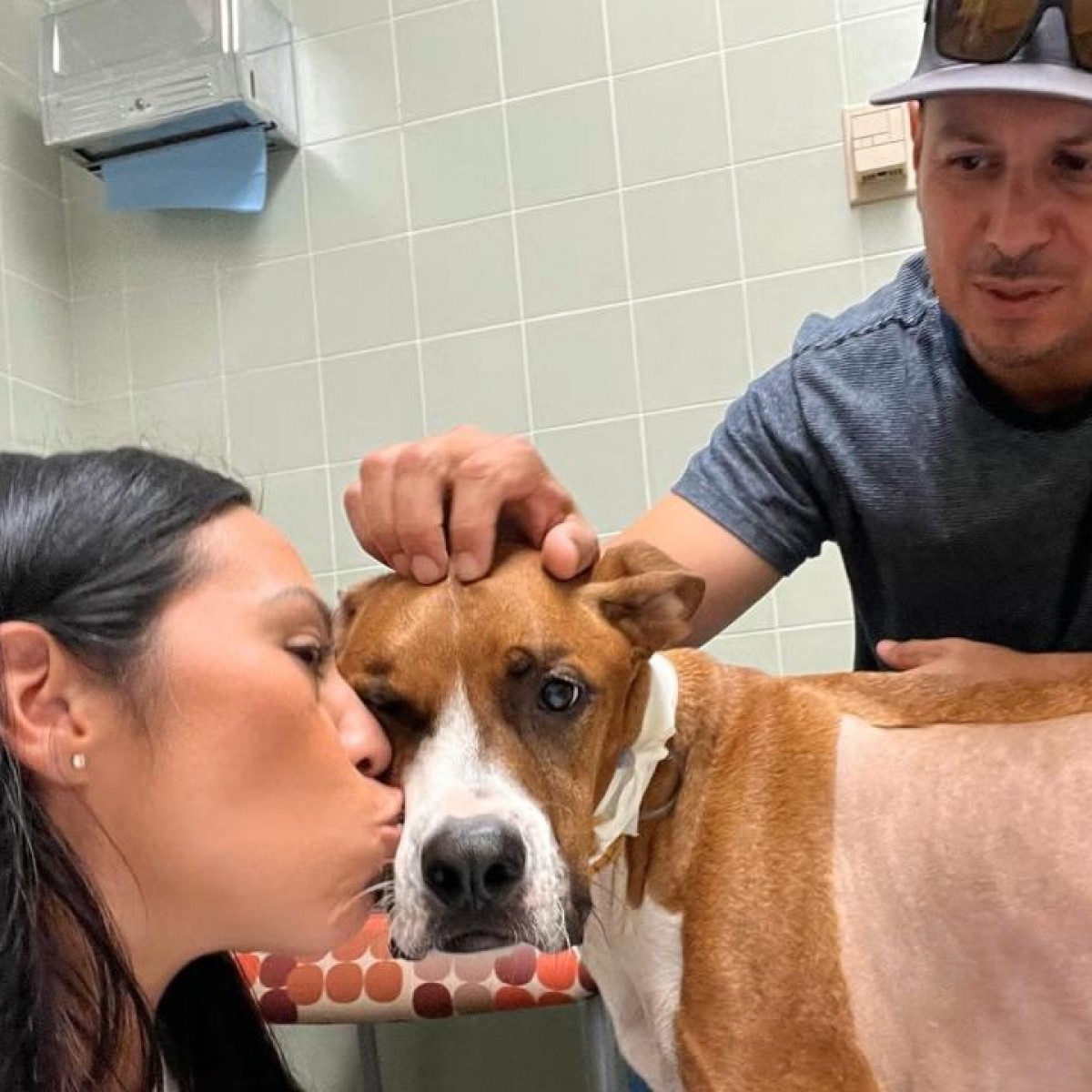
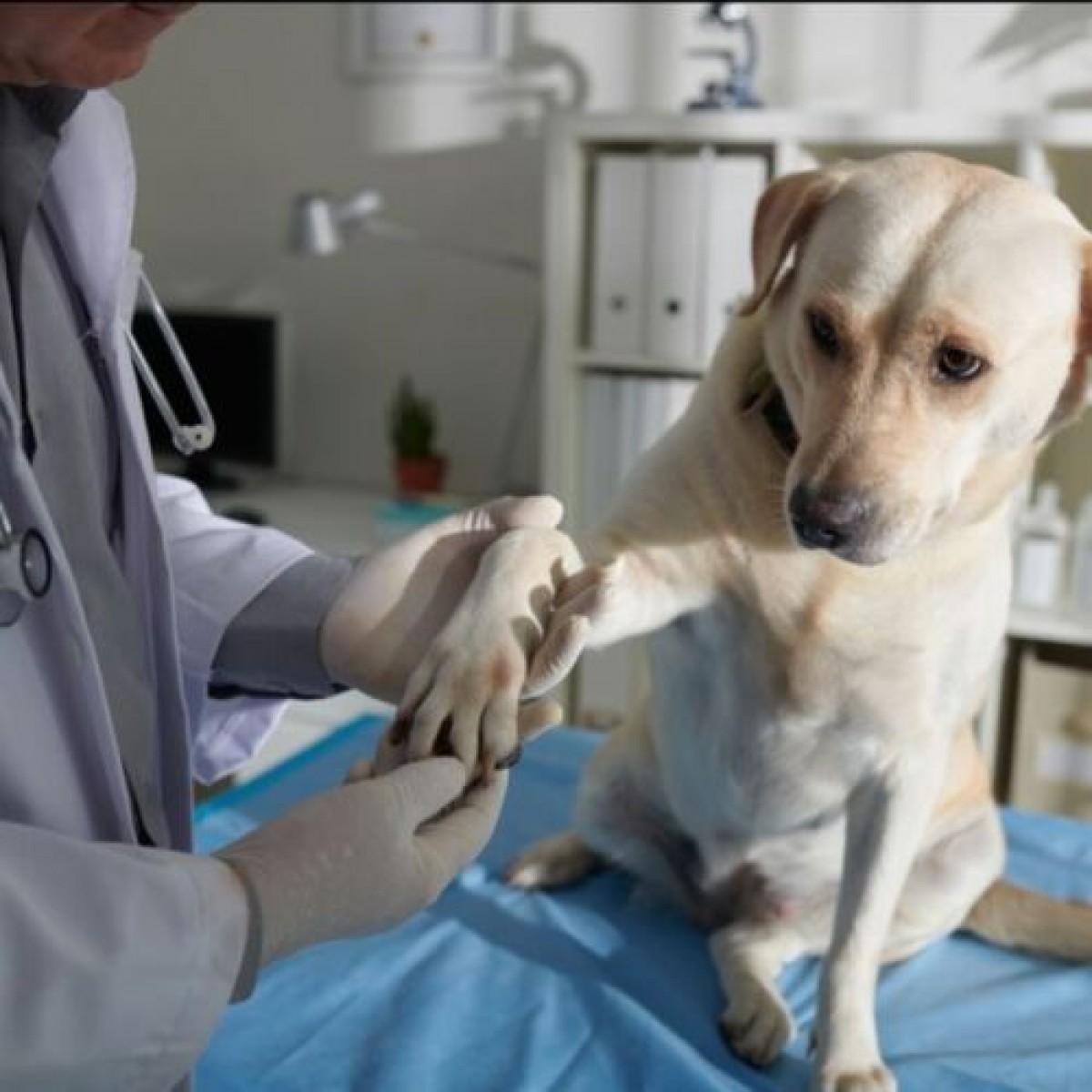
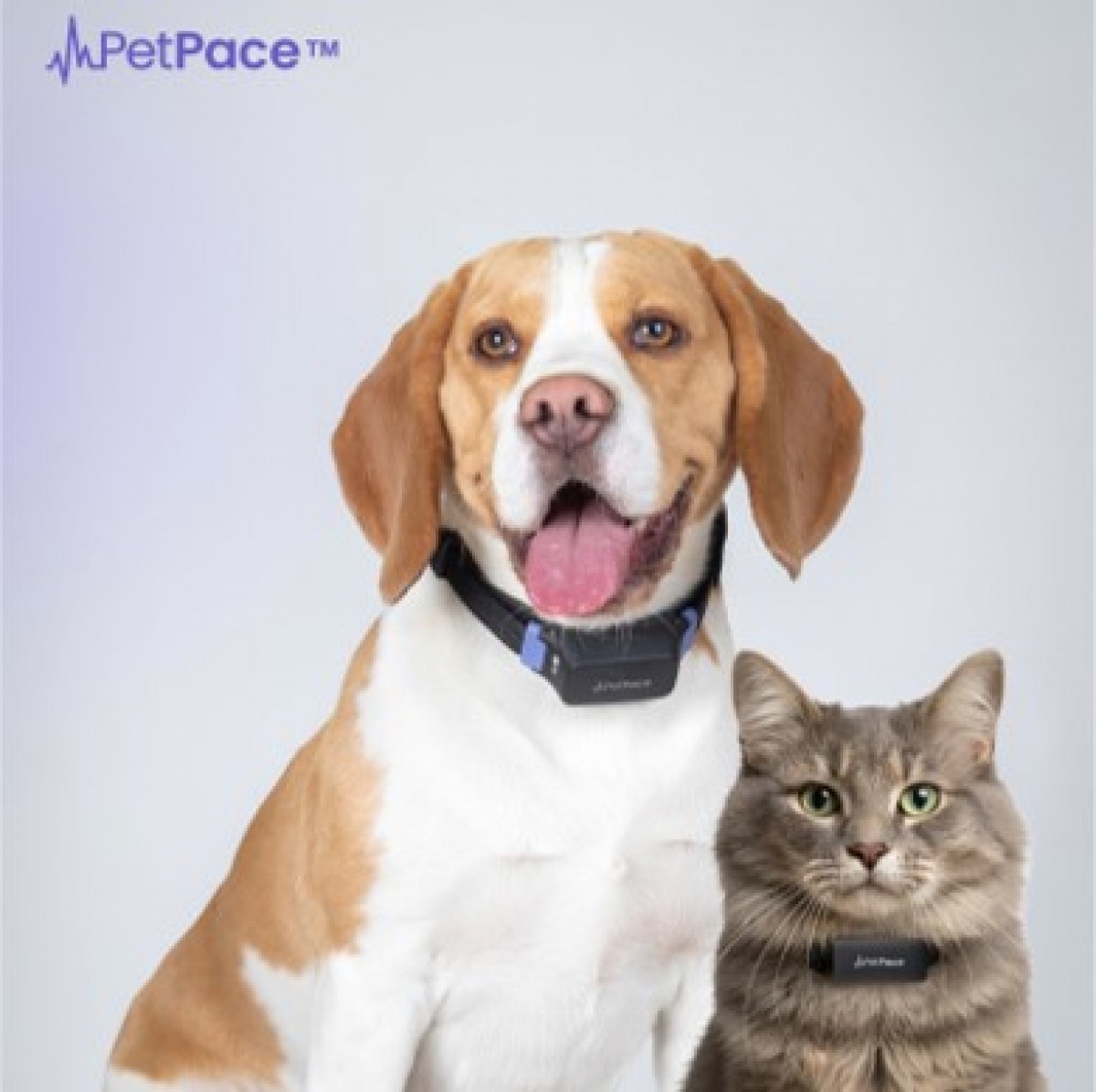

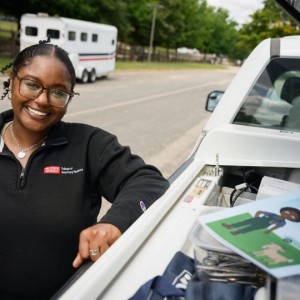
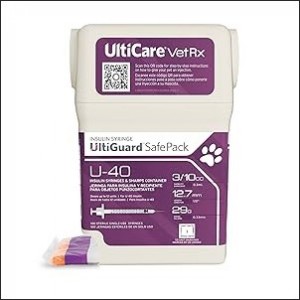
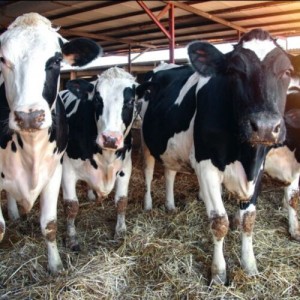
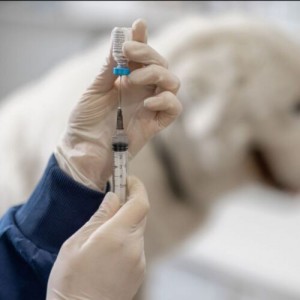


List
Add
Please enter a comment